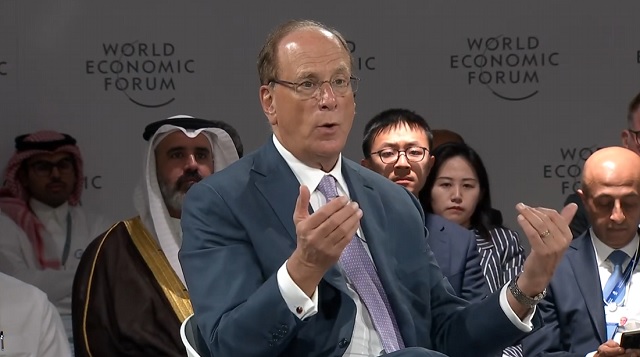Future Currency—Gold and Silver?
by Doug Casey, International Man:
 In 1971, the US went off the gold standard, which meant that it no longer had the responsibility to redeem its bank notes for real money—i.e., precious metals. It also meant that, as long as it could get people to accept the essentially worthless bank notes as currency, they could print as much as they liked. They took full advantage of this fact and transformed the US from the world’s greatest creditor nation into the world’s greatest debtor nation in under forty years.
In 1971, the US went off the gold standard, which meant that it no longer had the responsibility to redeem its bank notes for real money—i.e., precious metals. It also meant that, as long as it could get people to accept the essentially worthless bank notes as currency, they could print as much as they liked. They took full advantage of this fact and transformed the US from the world’s greatest creditor nation into the world’s greatest debtor nation in under forty years.
The rest of the world followed this extraordinarily bad example and, as a result, no nation is now on a gold standard and all nations are in debt, many of them beyond redemption.
Today, the chickens are about to come home to roost in the form of a worldwide economic crisis. Some countries—particularly in Asia—are preparing for the debacle by loading up on gold, so that when the collapse comes they’ll be able to float gold-backed currencies that will allow trade to continue.
Interestingly though, some countries are pursuing this wise move on a non-national level. The US in particular has, in recent years, seen several of its states pass laws allowing precious metals to once again be used as currency.
The most interesting of these developments took place in Wyoming recently, where the Wyoming Legal Tender Act (WLTA) has removed all forms of state taxation on gold and silver coins and bullion, and reinstates precious metals as currency.
The act stipulates that transactions made in gold and silver, “shall not give rise to any tax liability of any kind.” And yes, this is intended to include income tax, property tax, capital gains, and sales tax.
Wyoming is not the first state to reinstate the use of precious metals as currency. Arizona and Utah have also declared precious metals free of income tax, and more than thirty-five states have declared gold and silver free from sales tax. (Precious metals are free from any form of taxation in only four states—Wyoming, Oregon, Texas, and South Dakota.)
But, will the citizens of these states actually choose to transact purchases in gold and silver, when paper money is so handy?
Well, they should, and for the best of reasons—they’ll have to hand over less of their money to state governments. If, for example, someone were to pay for a new car in gold, he would not have to pay the state an additional 4%. (Some municipalities charge 6%.) This is quite an incentive.
But that, of course, would not put precious metals into every pocket in Wyoming. What would achieve that would be smaller purchases, such as a bag of groceries, or a tankful of fuel for the car. Paying with coins would most certainly be more of a nuisance than paying with bank notes, but the prospect of trimming 4–6% off every bill would mean that paying in gold and silver might well become the norm for those who value frugality.
So, what has been the motivation for bringing back the “barbarous relic?”
In House hearings for the bill, the Sound Money Defense League’s Jp Cortez stated:
With the abuses of the Federal Reserve’s paper money system becoming increasingly obvious, we’re seeing more legislators across America advance sound money legislation.
Read More @ InternationalMan.com


